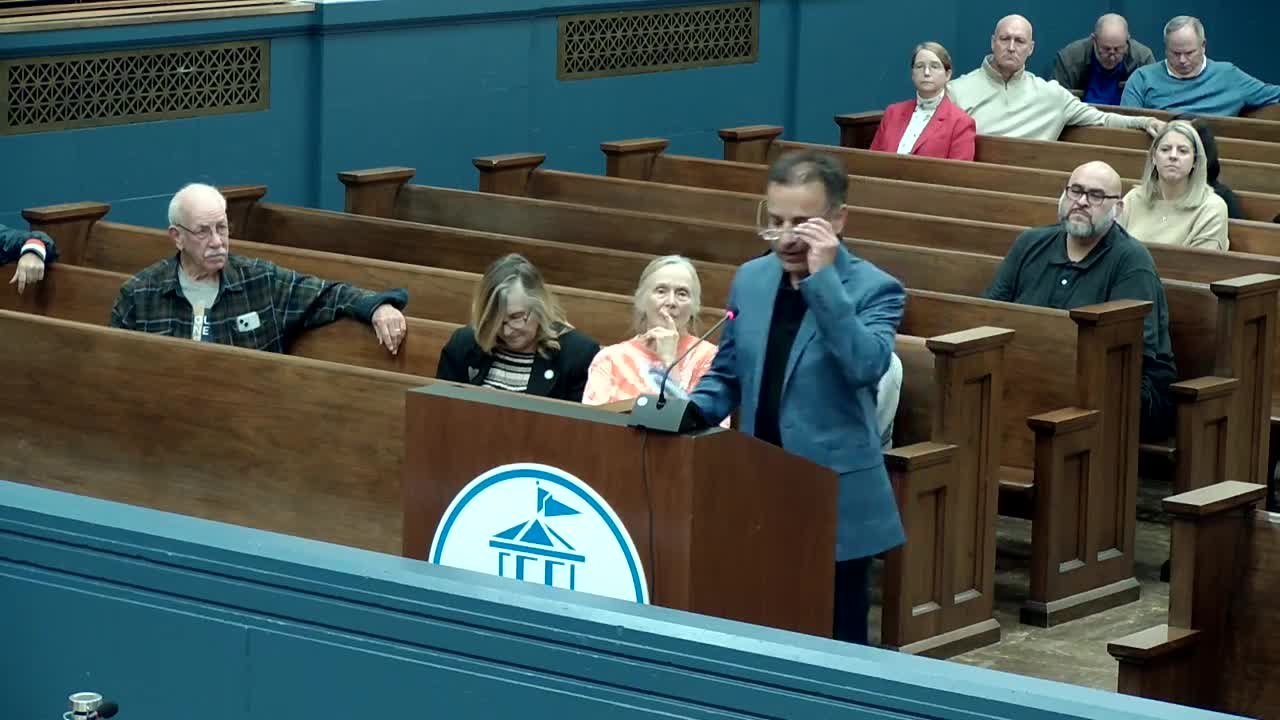Residents and Advocates Ask Racine to Add Municipal ID; Council Debates Implementation Details
Get AI-powered insights, summaries, and transcripts
Subscribe
Summary
Community organizers and residents urged the Common Council to adopt a municipal identification program during the budget hearing. Advocates said municipal IDs help immigrants and other residents access services; aldermen pressed for rules about verification, data security and scope.
Several speakers at the Oct. 30 budget public hearing urged the Common Council to include a municipal identification program in the 2026 budget, saying it would help residents who cannot easily obtain a state-issued ID to access local services.
Supporters, including Jaime Alvarado (state director of the League of United Latin American Citizens) and community organizers from Voces de la Frontera, described municipal IDs as a low-cost tool that local governments in other cities use to link residents to services such as libraries, hospitals and cultural institutions. "By keeping municipal IDs in the budget, Racine is saying, we see you, you matter, and you belong here," said Fernanda Jimenez, a community organizer.
Council discussion focused on verification standards, data security and scope of use. Some aldermen asked whether a city-issued ID would expose undocumented people to enforcement or data requests; others noted the card explicitly could not be used for voting or age-restricted purchases and asked for safeguards and a clear statement of permitted uses. Mayor and staff said the clerk's office would design the application and that the budget included funding for initial startup costs and card issuance if the program is approved; they also said city departments would decide which municipal services could accept the card.
Why it matters: Municipal ID programs aim to provide an official, local identity credential for residents who lack a state or federal ID. Proponents say municipal IDs improve access to services and public safety by enabling individuals to identify themselves to service providers and police; critics worry about privacy and whether municipal governments should create credentials that may be misunderstood as equivalent to state-issued identification.
Next steps: The ordinance creating a municipal identification program (0024-25) remains in the budget packet; if the council approves funding the clerk's office will develop the card design, identification and residency verification rules, a fee schedule and data-protection procedures. Council members asked for clarity on how records would be stored and on whether the city would retain personally identifying information for law enforcement access; those details were not finalized at the meeting.
Sources: Public hearing testimony; meeting discussion, clerk's office summary.
